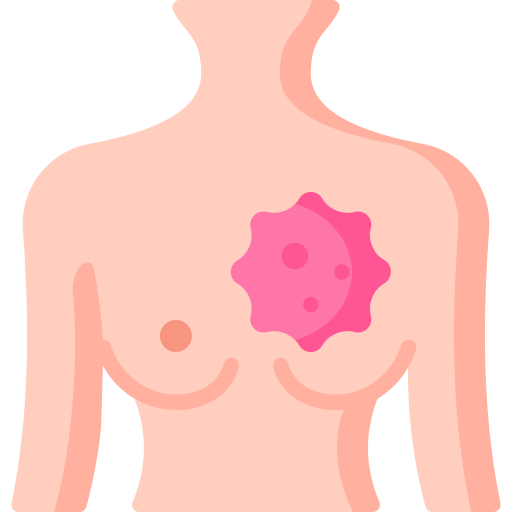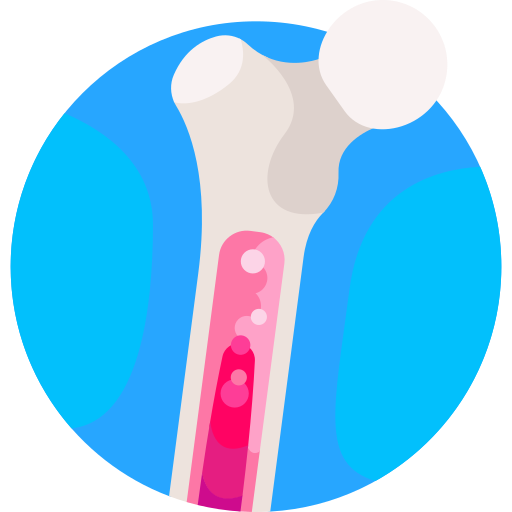


Women’s health involves a range of factors, including biology, society, and the environment. Among various health concerns, breast cancer is a significant issue, making up a substantial portion of women’s cancer cases. In Malaysia, breast cancer rates have increased, highlighting the need for proactive screening and prevention. Besides breast cancer, cervical cancer, cardiovascular diseases, and osteoporosis are also crucial aspects of women’s health, requiring targeted screening and attention at different life stages. This comprehensive approach aims to empower women with knowledge and guide them in making informed decisions for their well-being.
Among women, breast cancer takes the lead as the most significant form of cancer. The incidence of new cases of breast cancer in Malaysia rose by 2%, climbing from 32.1% from 2012 to 2016 to 34.1% in the years 2007-2011, contributing to an overall increase in cancer cases among women.

• 40-49 years: Consider annual mammography after discussing benefits, harms, preferences, and risk profile
• 50-74 years: Perform biennial screening mammography
• 70-74 years: Continue screening if healthy, expected to live 10+ years, and without severe co-morbid conditions
• 30-49 years: Offer annual magnetic resonance imaging
• 40-69 years: Perform annual mammography
• 70 years onwards: Conduct biennial mammography

Ages 21-29: Pap smear is recommended
Ages 30-65: Three screening options:
65 years old onwards: can continue cervical cancer screening as those age 30 to 65 years old.
However, the woman does not need cervical cancer screening if –

When a woman enters menopause, her risk of cardiovascular diseases increases. Therefore, healthcare providers should actively conduct screenings for fasting lipid profiles, blood sugar levels, as well as assess blood pressure, body weight, and waist circumference to detect meta-bolic syndrome—a condition that can contribute to cardiovascular diseases like heart disease and stroke. Additional screening tests, such as the coronary artery calcium score (CT scan of the heart) and carotid intima-media thickness test (CIMT), prove valuable in identifying wheth-er an individual is at a high risk for cardiovascular diseases.

Postmenopausal women experience bone loss, leading to the development of osteoporosis—a condition that can result in bone fractures even with low-energy injuries. Osteoporosis affects nearly 20% (1 in 5) of women aged 50 and over. For women aged 65 or older, as well as those between 50 and 64 years old with specific risk factors for osteoporosis, a DEXA scan (bone density scan) is recommended to actively screen for osteoporosis.
Life Care Diagnostic Medical Centre Sdn. Bhd. 200401034597 (673106-V)
Bangsar South
WhatsApp: 0122343610
1st Floor, Wisma Lifecare,
No. 5, Jalan Kerinchi, Bangsar South,
59200 Kuala Lumpur
Cheras South
WhatsApp: 01127213620
19A-2 & 19B-2, Block E, Kompleks Komersil Akasa,
Jalan Akasa, Akasa Cheras Selatan,
43300 Seri Kembangan, Selangor
Operating Hour:
Monday – Friday: 8.00am – 5.00pm
Saturday: 8.00am – 1.00pm
Sunday & Public Holidays: Closed
